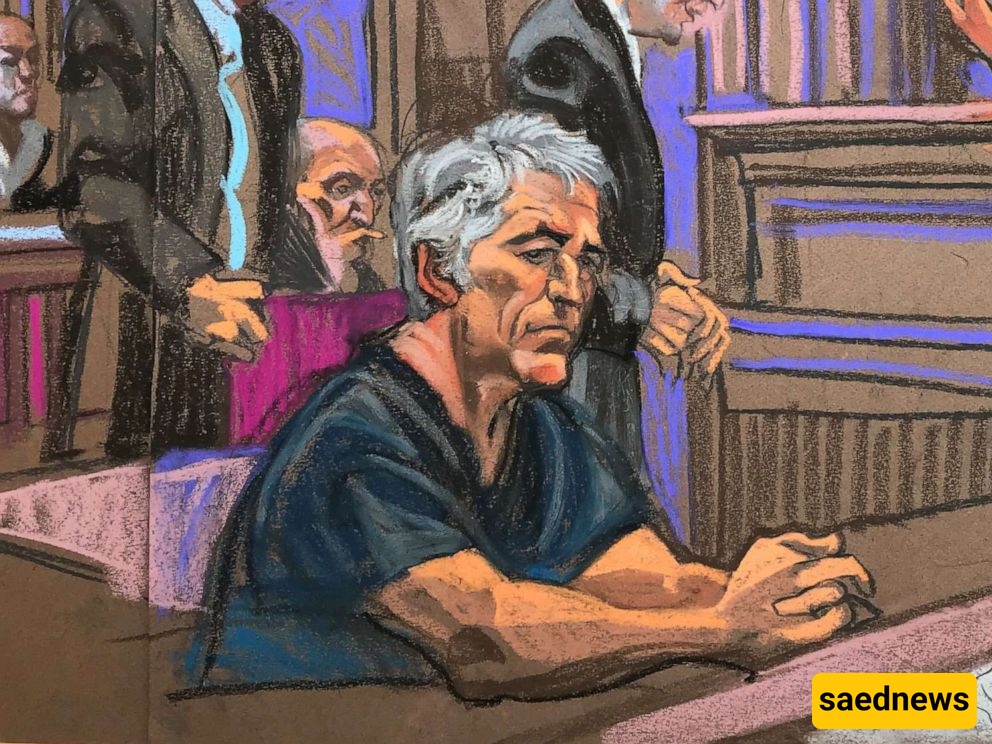SAEDNEWS: A federal judge in New York, issuing a new ruling, rejected the request to release grand jury documents related to the Jeffrey Epstein case, stating that maintaining the confidentiality of these documents is essential to protect the victims and their privacy.

According to SaedNews, quoting Axios, Judge Richard Berman emphasized in his ruling that the U.S. Department of Justice has failed to provide sufficient reasons for the release of the grand jury documents. He explained that these documents mainly contain indirect testimonies and do not provide new or revealing information that could significantly alter the case. Berman described this request as a kind of ‘diversion’ from the release of more important and comprehensive documents related to the Epstein case and added that excessive attention to these documents could confuse the public.

Despite intense public and political pressure for greater transparency in the Epstein case, Judge Berman emphasized that releasing these documents could harm the privacy and security of the victims. He reminded that the government already possesses more than 100,000 pages of investigative documents related to the case that have not yet been released, and disclosing them requires careful review and protection of individuals’ personal information.
This decision reflects the U.S. judicial system’s commitment to maintaining confidentiality and respecting victims’ rights in the face of political and media pressures. However, many media outlets and human rights activists have expressed concern that restricting access to the grand jury documents could prevent full transparency in the case and leave unanswered questions about the networks and individuals connected to Epstein.
Ultimately, with ongoing judicial reviews and related investigations, the Epstein case remains in the public spotlight, and the recent federal court decision underscores the importance of balancing transparency with victim protection. This case is an example of the challenges faced by the judicial system in managing sensitive documents and responding to social and political pressures that may affect how information is disclosed.

